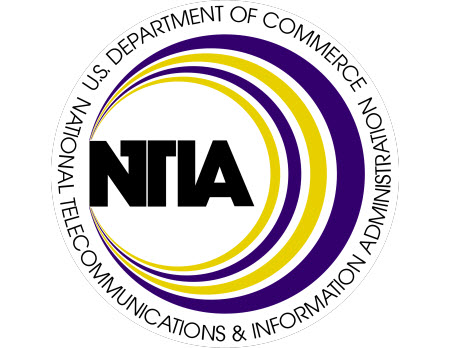NTIA: Closing Digital Divide Is Job One
Davidson said spectrum issues are number two on to do list

The smarter way to stay on top of broadcasting and cable industry. Sign up below
You are now subscribed
Your newsletter sign-up was successful
Alan Davidson, head of the National Telecommunications & Information Association (NTIA), told Congress Wednesday that closing the digital divide was priority number one for the Biden Administration's chief communications policy arm.
That is according to his prepared testimony for a House Communications Subcommittee NTIA oversight hearing February 16. NTIA has been charged with overseeing the vast majority of new broadband subsidies--$48.2 billion, most of which is going to states for their own individual connectivity and uptake efforts.
Davidson said priority number two is ensuring access to spectrum. NTIA oversees government spectrum users, or what Davidson called a "scarce federal resource."
Also: NTIA, FCC Agree to Formal Spectrum Coordination Regime
He promised to work toward a coordinated approach in tandem with the FCC. NTIA and the commission this week established a formal process for cooperation and information sharing after being at odds at times over issues like potential interference with GPS and vehicle-to-vehicle communications and air traffic safety systems from unlicensed spectrum use.
At the hearing he told Congress that NTIA and the FCC are working on a national spectrum strategy that will be an important part of their new cooperation.
In advance of the hearing, a quartet of senators called on NTIA to make job one of priority one accurate broadband availability maps.
In a letter to Davidson, more than a dozen legislators from rural states and both parties said closing the divide "all starts with getting the maps right" given that the FCC has "consistently overstated broadband coverage around the United States."
The FCC is aware of the problem and in the process of fixing it. FCC chair Jessica Rosenworcel has long argued for better maps before money, in this case tens of billions of dollars of subsidies among a number of programs, including COVID-19 recovery money and infrastructure money, in addition to a number of existing Universal Service Fund subsidies, like the Rural Digital Opportunities Fund (RDOF).
"[F]unding for deploying broadband infrastructure must be contingent on updated maps by the FCC," they told Davidson in a letter headlined by Sen. Joe Manchin (D-W.Va.) and Susan Collins (R-Me.). They also said the money must prioritize unserved locations before it is spent elsewhere.
Davidson told Congress that cybersecurity, privacy and "free and open communications" round out NTIA's priorities, including a more diverse 5G supply chain and accelerating Open RAN technology.
He added that undergirding all that was improving equity at home and competition on a global stage. ■
The smarter way to stay on top of broadcasting and cable industry. Sign up below
Contributing editor John Eggerton has been an editor and/or writer on media regulation, legislation and policy for over four decades, including covering the FCC, FTC, Congress, the major media trade associations, and the federal courts. In addition to Multichannel News and Broadcasting + Cable, his work has appeared in Radio World, TV Technology, TV Fax, This Week in Consumer Electronics, Variety and the Encyclopedia Britannica.

